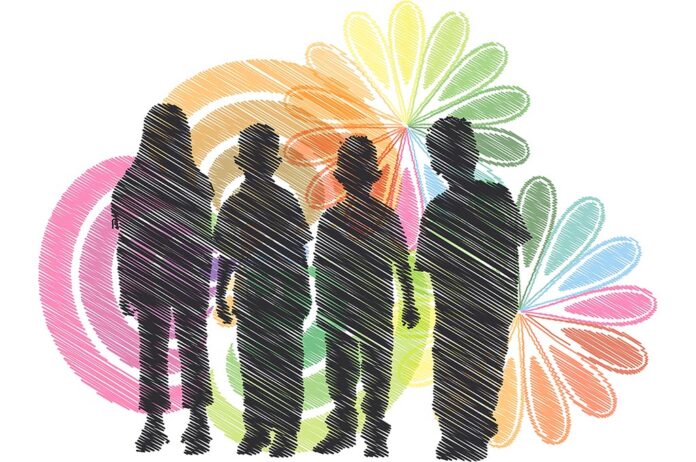
It can be hard for parents to watch their kiddo struggle with conflict in their friendships. You know how awesome your kiddo is and you want them to feel awesome in their friendships too. Unfortunately, navigating a certain amount of conflict in relationships is inevitable for all of us. And that’s okay. It can be a chance for us to build empathy, positive communication, and conflict-resolution skills, and become an even more awesome version of ourselves. Peer conflict is one of those areas that feels particularly “outside of parents’ control”, which can feel stressful. The good news is there are loads of ways you can support your child through social trials and tribulations.
Listen without judgment
Maybe the best thing you can give your child when they come to you with peer drama is your full attention. Try to listen without judgment and use reflective listening skills to show that you are listening. Pretend that you’re a news reporter, summarizing their experience. Try to not take sides by talking badly about your child’s friend, minimizing hurtful comments/actions, or assuming your child is the victim (Big Life Journal). Instead, communicate understanding for your child’s side of things by expressing empathy Ex: “Sounds like you were not happy that she said that,” or, “Lunch must have felt super awkward after that happened.”
Don’t fix the problem for them
This can be a hard one! Before jumping in to help solve the problem, try asking open-ended questions to help build your child’s insight and ability to think through problems. Ex: “What bothered you the most about that situation?” Next, ask them what kind of help they need from you. Sometimes kids just want us to listen and show support. Other times they might want our help thinking through different options. If this is the case, try brainstorming together. Ex: “What do you think your options are here?” or, “How do you think they’ll react if you were to do that?” (Big Life Journal)
Educate
Learning how to be a good friend and how to have healthy relationships is an ongoing experience – that’s true for adults, too! Using some self-disclosure by talking candidly about your experiences in friendships and modeling positive social skills and conflict resolution skills can normalize this experience and serve as a helpful model for your child. Providing access to resources about healthy friendships, such as books and educational shows, can also be a great source of learning.
Reflect on hidden pressures
Of course, we’re humans at the end of the day and bring our own experiences and (often unconscious) expectations to the parent-child relationship. If you’re finding yourself becoming particularly reactive or worrying a lot about this area of your child’s life, it can be helpful to spend a few minutes reflecting. For example, we might have been bullied as a child and feel very protective of our kids now. Or we might have been a social butterfly and feel confused (and maybe a little disappointed) as to why our child is more introverted and prefers a smaller social circle. Another common and tricky dynamic is a desire for your child to stay friends with certain kids because we’re friends with their parents/family. These are all very normal and common experiences and can be helpful to reflect upon and see if any of these concerns might be contributing to how you feel about your child’s current peer dilemmas.
And as always, if you have concerns about your child’s social development or if they’ve had adverse experiences that are affecting their social functioning now, consulting with your child’s Pediatrician or a Licensed Mental Health Professional who specializes in child development can be a great next step.
References:
Coaching your child through friendship drama. Big Life Journal. biglifejournal.com/collections/printables

























